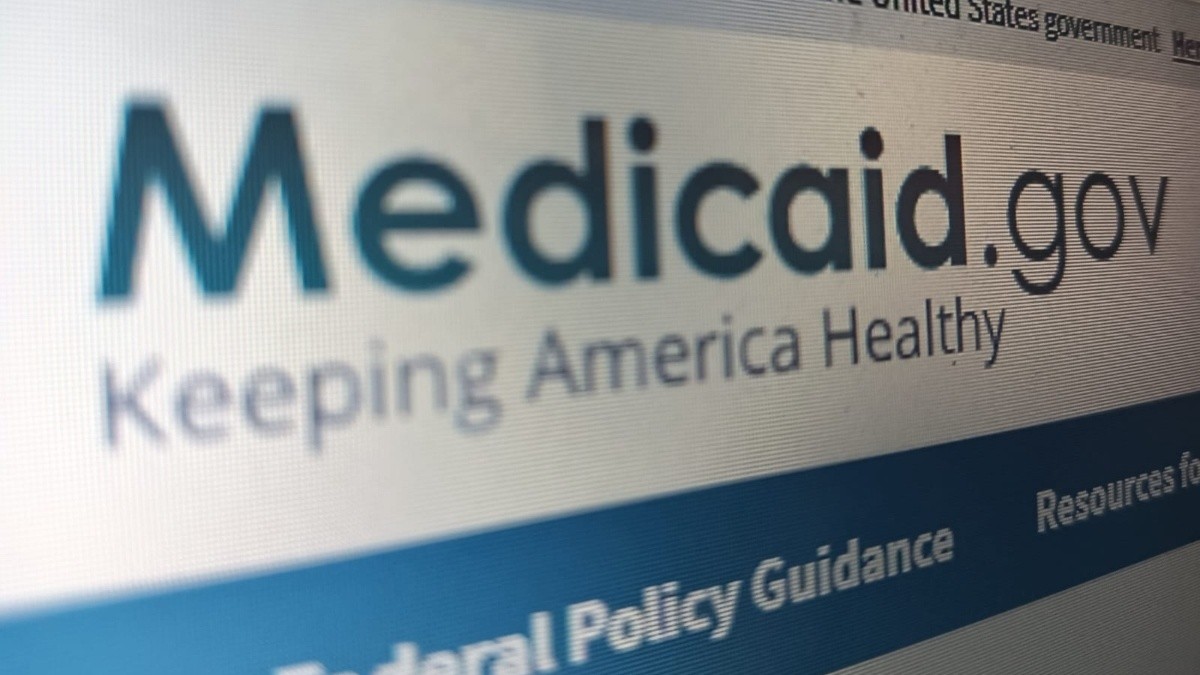Medicaid Gets a Major Overhaul in Trump's Megabill: Here’s What You Need to Know

The recent passage of the 'megabill' under President Donald Trump represents a monumental shift in the landscape of social welfare programs, particularly Medicaid . This legislation, which aims to cut approximately $600 billion from Medicaid, is poised to reshape the lives of millions. The bill's proponents argue that it will streamline government spending and reduce inefficiencies, but critics warn of the potential for widespread loss of coverage and increased financial strain on vulnerable populations.
One of the most significant changes introduced by the 'megabill' is the implementation of stricter work requirements for Medicaid beneficiaries. Starting in 2026, individuals aged 19 to 64 without dependents will need to work or engage in approved activities for at least 80 hours per month. This move is intended to encourage self-sufficiency, but it may also lead to coverage loss for those unable to meet these requirements due to various barriers.
The legislation also mandates more frequent eligibility checks , requiring states to verify beneficiaries' eligibility every six months instead of annually. This change could increase administrative burdens and the risk of individuals losing coverage if they fail to respond promptly. The increased frequency of checks is part of a broader effort to ensure that only eligible individuals receive benefits, but it may inadvertently penalize those who struggle with the administrative process.
Another controversial aspect of the 'megabill' is its impact on undocumented immigrants . The legislation prohibits states from using their own funds to cover these individuals, penalizing states that currently do so by reducing their Medicaid funding. This provision is expected to affect approximately 1.4 million undocumented immigrants, potentially leaving them without access to essential healthcare services.
For Medicaid beneficiaries earning above the federal poverty level, the 'megabill' introduces increased copayments . Individuals in this income bracket may face additional costs of up to $35 for certain medical visits. This change aims to offset program costs but could place a financial burden on those already struggling to make ends meet, potentially deterring them from seeking necessary medical care.
The legislation also tightens income and residency verification processes, aiming to prevent individuals from receiving benefits in multiple jurisdictions. While this measure seeks to curb fraud, it may disproportionately affect elderly beneficiaries and those with limited ability to navigate complex bureaucratic systems, increasing the risk of coverage loss.
In a move that has sparked significant debate, the 'megabill' restricts Medicaid funding for abortion providers and services related to gender transition. Organizations like Planned Parenthood would be ineligible for Medicaid funds while providing abortion services. Additionally, the bill prohibits Medicaid from covering gender transition-related care, including puberty blockers and surgeries, for both minors and adults, raising concerns about access to essential healthcare for transgender individuals.
These changes are part of a broader Republican strategy to reduce government spending on social programs while funding tax cuts and increasing spending on border security and defense. The 'megabill' also proposes significant cuts to the Supplemental Nutrition Assistance Program (SNAP), further tightening work requirements and impacting families with children over six years old.
Post a Comment